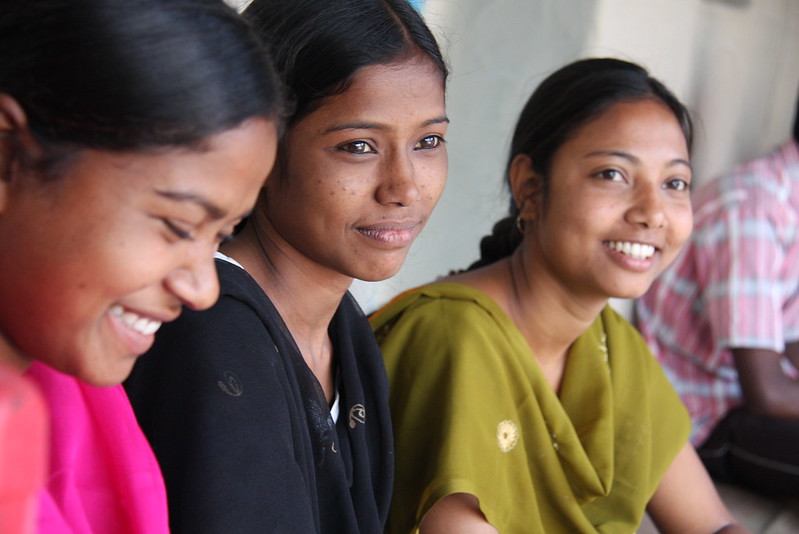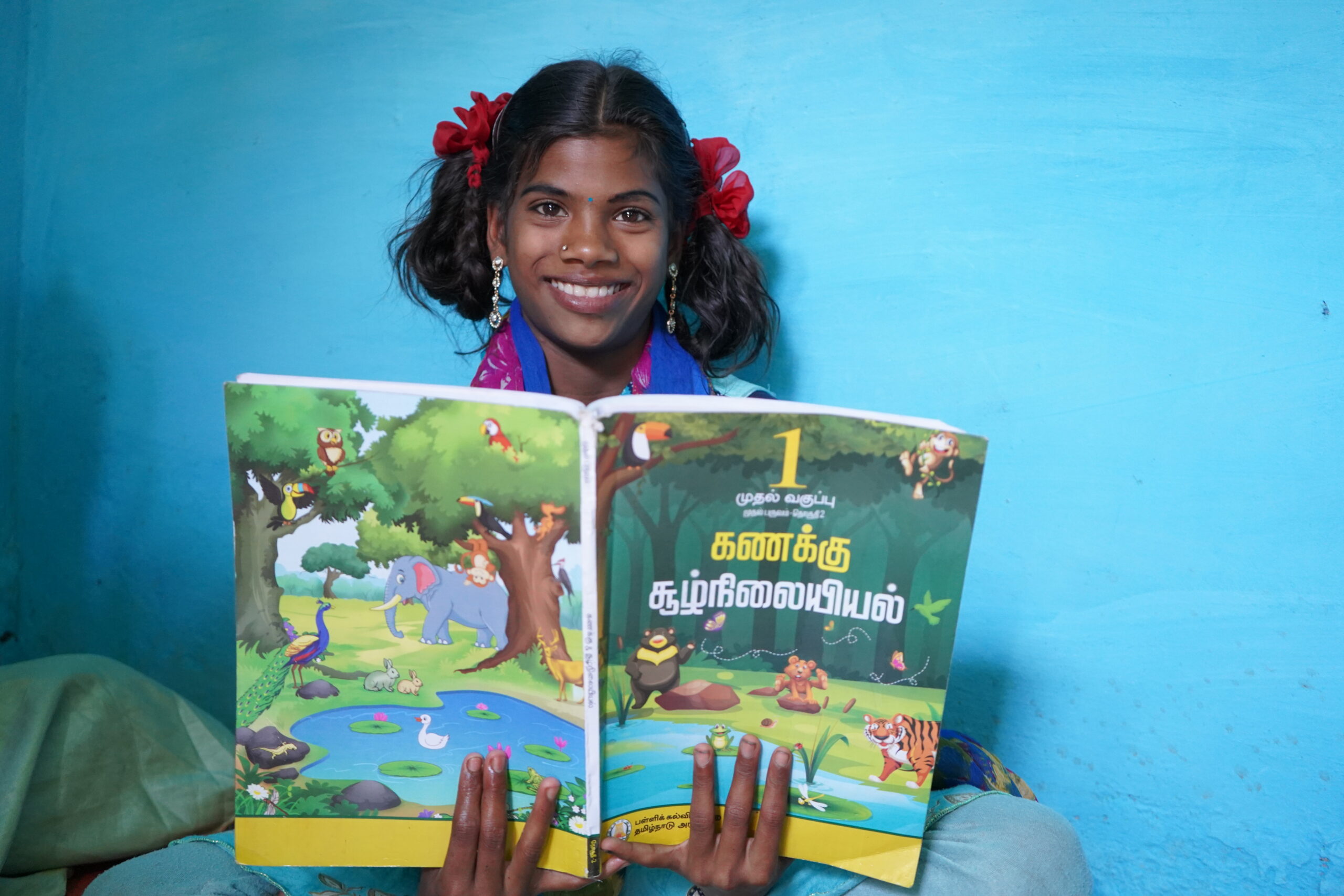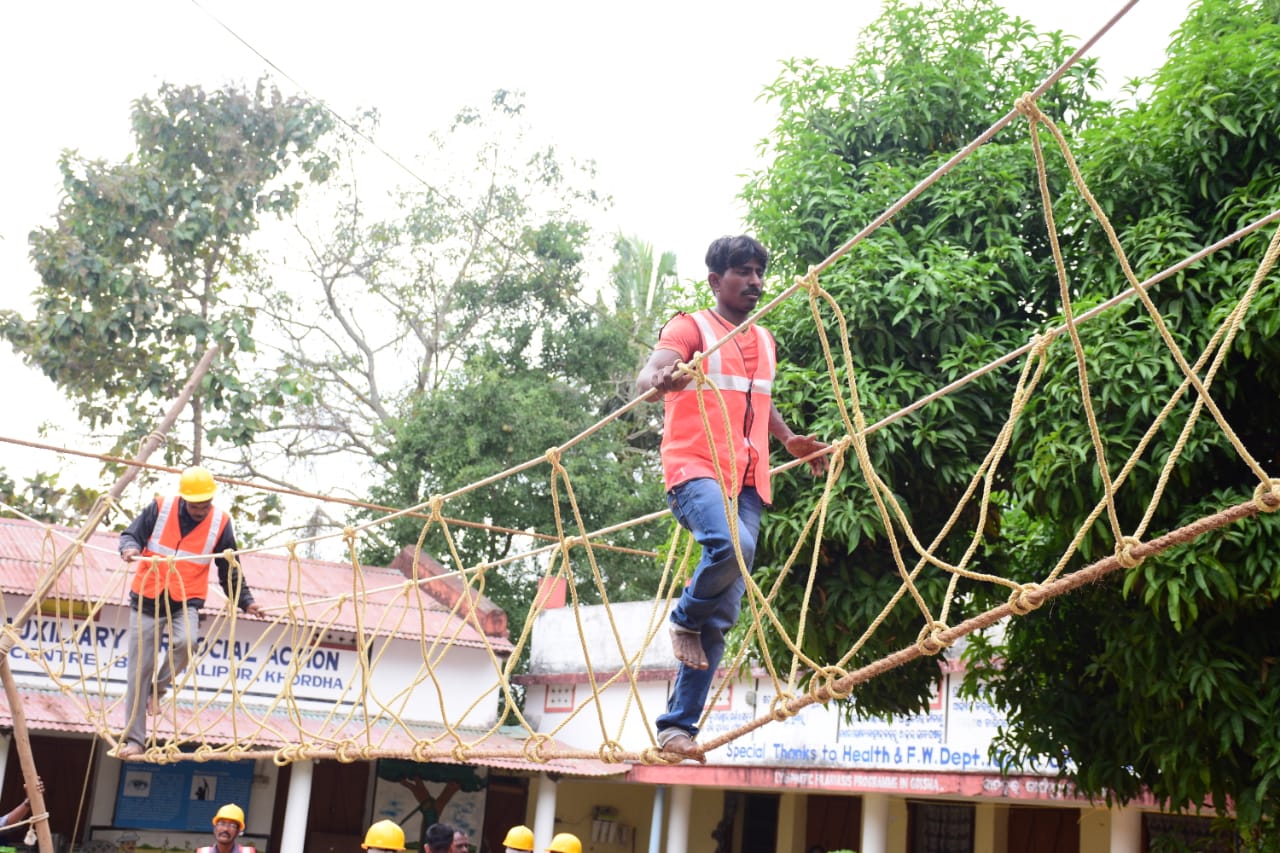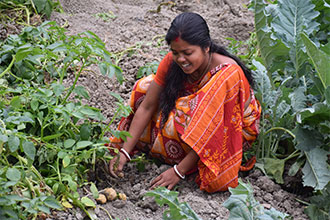CASA BLOGS

Improving Menstrual Hygiene in India – An Introducing CareWithCASA Campaign
Introduction:
Improving menstrual hygiene in India is a critical issue that has significant implications for the health, well-being, and economic opportunities of girls and women. Unfortunately, despite progress in recent years, many girls and women in India still lack access to basic menstrual hygiene products and education, leading to negative consequences that can have a ripple effect throughout society.
The Importance of Proper Menstrual Hygiene Management:
The health benefits of proper menstrual hygiene management are well-established. Poor menstrual hygiene can lead to infections, reproductive health problems, and other health issues that can have serious consequences for girls and women. Proper menstrual hygiene, on the other hand, can help to prevent these problems and promote overall health and well-being.
In addition to the health benefits, improving menstrual hygiene in India can also have social and economic benefits. For example, girls who are able to manage their periods with dignity and without disruption to their education are more likely to stay in school and achieve their full academic potential. This, in turn, can increase their opportunities for employment and economic independence.
Challenges of Improving Menstrual Hygiene in India:
Despite the clear benefits of improving menstrual hygiene in India, there are a number of challenges that must be addressed in order to make progress. One major challenge is the lack of access to affordable and reliable menstrual hygiene products. Many girls and women in India cannot afford to purchase commercial pads or tampons, or they may not have access to these products due to cultural stigma or other barriers.
According to a study by the Global Alliance for Improved Nutrition, only 12% of girls in India use sanitary pads, and over 88% resort to using unhygienic materials such as old rags, sand, and ash. This lack of access to proper menstrual hygiene products puts these girls at risk of infections, reproductive health problems, and other health issues.
Another challenge is the lack of education and information about menstrual hygiene. Many girls and women in India receive little or no education about their menstrual health, leading to misunderstandings and myths that can have negative consequences.
The CAREwithCASA Campaign
Working to Improve Menstrual Hygiene in India:
To address these challenges, the CAREwithCASA Campaign is working to provide girls and women in India with access to sanitary pads and menstrual kits. Through this campaign, over 1,20,000 girls and women have been provided with the necessary products and education to manage their periods with dignity and without disruption to their daily lives.
For example, consider the story of 16-year-old Rani*, who lives in a rural village in India. Like many girls her age, Rani struggled to manage her periods due to a lack of access to sanitary pads and information about menstrual hygiene. As a result, she often missed school during her periods, which not only disrupted her education but also made her feel isolated and ashamed.
Thanks to the CAREwithCASA Campaign, Rani and many other girls and women in India have gained access to the menstrual hygiene products and education they need to manage their periods with dignity. This has not only improved their physical health, but also their social and economic opportunities.
The CAREwithCASA Campaign is just one example of the efforts that are underway to improve menstrual hygiene in India. There are many other organizations and initiatives working to address this issue, and it is important that we all work together to support these efforts.
 Previous Blog Post Importance of Menstrual Health and Women’s Empowerment NGO
Previous Blog Post Importance of Menstrual Health and Women’s Empowerment NGOFeatured Post

Empowering Rural Education in India:
14 Mar 2024
Introduction: In the vast tapestry of India, education is the key to unlocking the door to a brighter future. However, the challenge of providing quality education to the rural parts of the country persists. In this blog post, we will delve into the crucial role that Non-Governmental Organizations (NGOs) play in bridging the educational gap […]

Empowering the Future: Disaster Management Training for School Children in Disaster-Prone Areas
22 Feb 2024
Introduction: In the face of increasing natural disasters worldwide, it becomes imperative to equip our younger generation with the knowledge and skills necessary to handle emergency situations. Children, being one of the most vulnerable groups during disasters, can greatly benefit from disaster management training. This blog explores the significance of imparting such training, with a […]

Empowering Women: Transforming Lives Through Sustainable Livelihoods in Rural India
16 Feb 2024
Introduction: In the heart of rural India, a silent revolution is taking place as women embrace newfound opportunities for sustainable livelihoods. This transformation not only uplifts individual lives but also contributes to the overall development of communities. At [Your Organization’s Name], we are committed to driving positive change by providing women in rural India with […]




Leave a Reply
You must be logged in to post a comment.